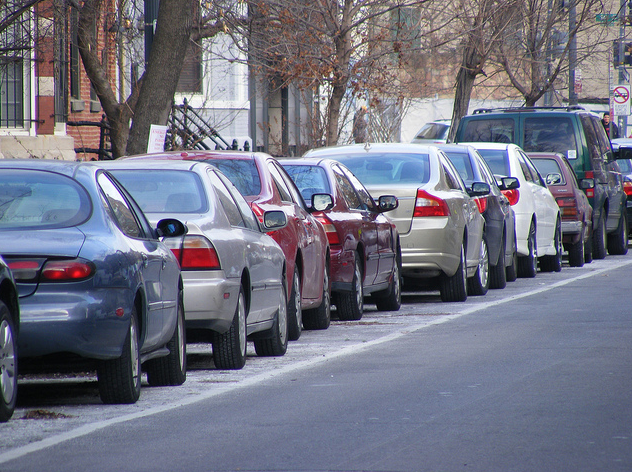A representative of the American Automobile Association was a keynote speaker at this week's National Bike Summit in Washington, D.C., the annual gathering of bicycle advocates. There the organization debuted a heartwarming new video reminding drivers to share the road with cyclists.

Meanwhile, also in D.C., AAA representatives are fighting a series of smart parking reforms. AAA spokesman Lon Anderson told members of the media that a proposal to allow developers to decide how much parking to build, instead of being compelled by law to build a minimum amount, is "a dangerous proposal" that "threatens the future of Washington, D.C."
Matt Yglesias at Slate annihilates this argument:
Almost 100 percent of Washington-area residents like to sleep on a soft comfortable surface at night. But there's no regulatory requirement that residential buildings contain mattresses. The lack of mattress mandates doesn't mean people are forced to sleep on the floor. It means that if people want to sleep on a mattress—and they generally do—they need to go buy one. That's why there are mattress stores. Insofar as people want to park cars—and lets make no mistake, lots of people want to park cars—they will pay for the privilege, and property developers will provide parking spaces.
What's at issue here is whether non-parkers should be forced to offer a cross-subsidy to parkers. The case against such a subsidy seems strong. It encourages extra traffic congestion and extra pollution, as well as inducing some kind of deadweight loss in the form of stifled real estate development.
Yglesias also points out that AAA's assertion that "roughly 70 percent of Washington-area commuters drive" is very misleading, since fewer than half of residents of D.C. proper commute by car.





